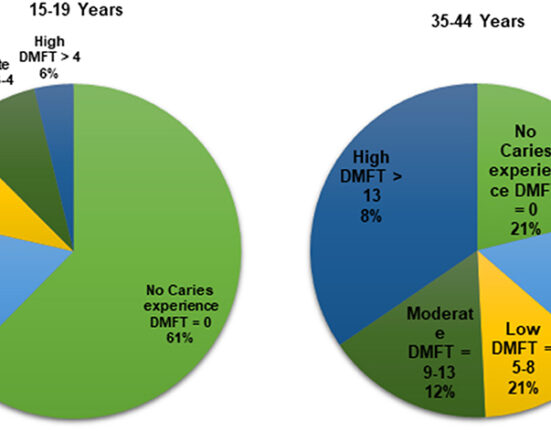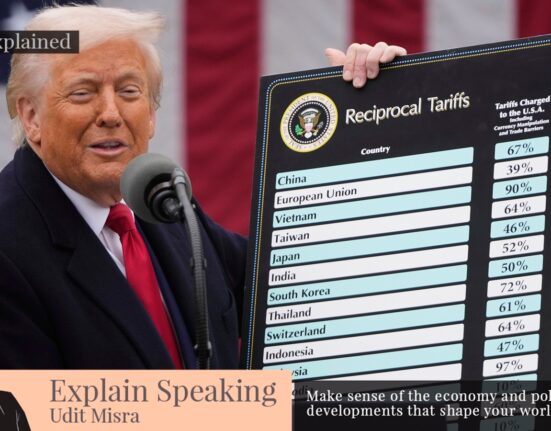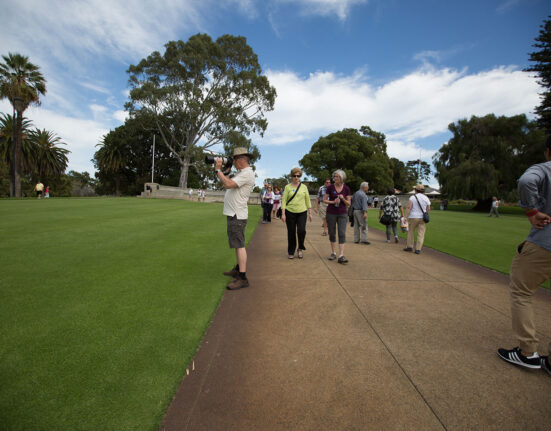How did so many Australians find their way into the vibrant world of K-pop? It may seem like a curious trend, but as we delve deeper, intriguing stories and connections begin to emerge.
Roald Maliangkay from the Australian National University has pondered this very question. As Deputy Director of the Korea Institute at ANU, he specializes in popular culture in East Asia. Maliangkay’s insights shed light on why Australia has become a breeding ground for K-pop talent.
“I think one important reason is that a lot of Korean Australians here speak Korean… their parents will speak Korean at home,”
Maliangkay explains. This linguistic advantage gives aspiring artists a head start in mastering Korean, a crucial skill for K-pop success.
Moreover, demographics play a role in this phenomenon. With around 17.4% of Australians being of Asian descent, cities like Sydney and Melbourne boast significant Asian populations. This cultural convergence provides a platform for young talents with Asian backgrounds to explore their identities and pursue opportunities in industries like K-pop.
The Aussie way of communication also plays its part.
“Australians tend to communicate positively… representing themselves well,”
says Maliangkay. This open and engaging communication style aligns with the expectations of agencies within the upbeat world of K-pop.
While some may speculate about political influences, Maliangkay believes it’s more about audience preferences than geopolitics. The proximity between Australia and South Korea also facilitates travel for auditions due to minimal time differences—a logistical advantage for aspiring artists seeking opportunities in Seoul.
When it comes to success stories, names like Blackpink’s Rosé shine brightly. Raised in Melbourne after being born in New Zealand, Rosé epitomizes the journey from humble beginnings to global stardom through hard work and determination.
NewJeans members Hanni and Danielle have broken records with their Spotify streams, showcasing the diverse talent emerging from Australian shores. Their fusion of cultures and backgrounds adds depth to their performances and resonates with fans worldwide.
However, recent controversies surrounding HYBE—the entertainment powerhouse behind acts like NewJeans—have cast shadows over the industry’s glamour. From management disputes to allegations of insider trading involving top executives, these incidents underscore the challenges faced by idols navigating complex contracts and industry dynamics.
Despite these hurdles, groups like Stray Kids continue to captivate audiences globally with their music prowess. Felix and Bang Chan stand out not just as performers but also as icons shaping trends within the industry.
As NMIXX’s Lily prepares to return home for performances in Melbourne and Sydney, her story reflects years of dedication—a testament to the rigorous training process that precedes every artist’s debut.
Jake from Enhypen exemplifies another facet of this narrative—born in South Korea but raised in Brisbane before returning to Seoul for training under HYBE. His journey underscores how multiculturalism enriches K-pop by infusing diverse influences into its fabric.
With emerging talents like Robin from n.SSign and Mackiah from ampers&one making waves on stage, Australia continues to be a fertile ground for fresh voices redefining K-pop standards while embracing cultural diversity.









Leave feedback about this